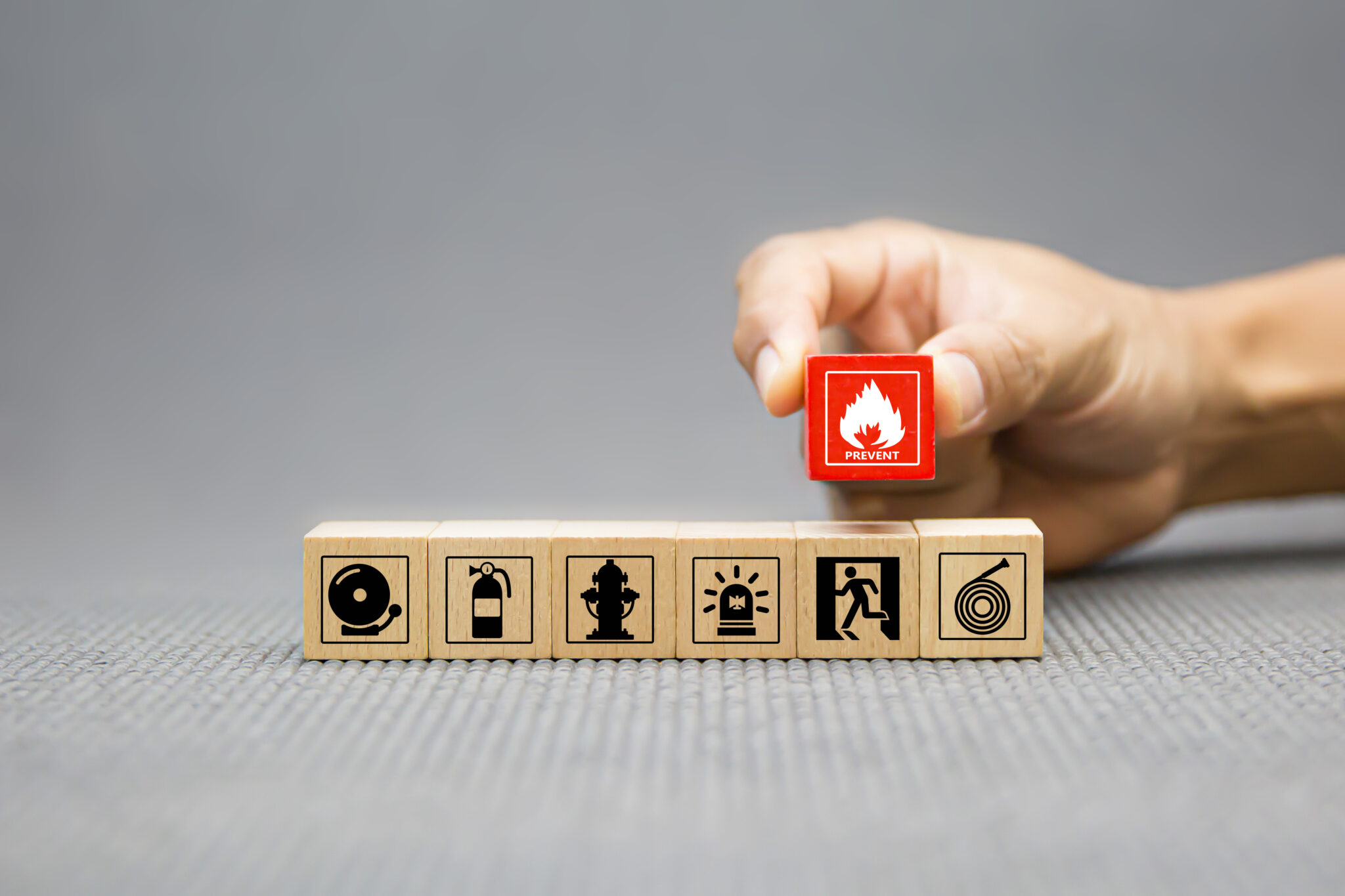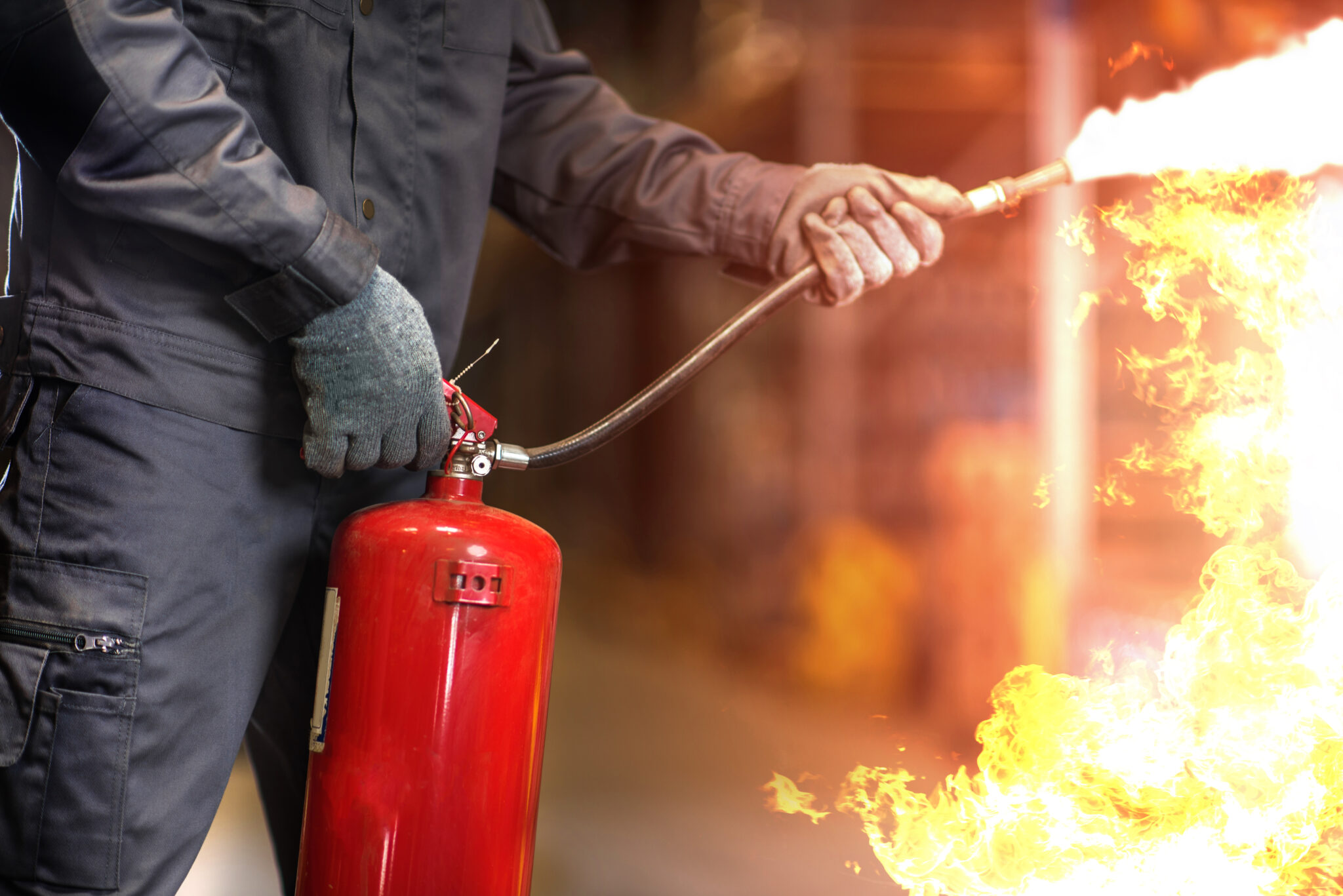
Traveling without having travel health coverage is never a good idea. Unfortunately, there are many cases where travellers fall victim to travel health scams and travel insurance fraud. Here’s how you can ensure you don’t get scammed when insuring your travels.
What Is a Travel Insurance Scam?
Individuals who commit fraud will attempt to scam others by selling them invalid policies. There are various kinds of frauds. For instance, someone may try to trick you into buying fake coverage from a fake agency.
Or you might think you purchased valid coverage from an individual claiming to represent a legitimate insurer. In either case, you hand over your cash and then discover that they never registered you for any policy.

Travel Insurance Scam: How to Avoid Them?
Knowing what types of different insurance schemes are available helps you identify which ones are legitimate and which ones aren’t. Some of the most popular travel insurance scam types include fake policies, the “ghost broker”, fake add-ons, and phishing, spoofing, or spam.
“Ghost-Broker” Insurance Scam
The term ‘fake broker’ is often used interchangeably with ‘scam broker’. A fake broker is someone who pretends to sell life, health, auto, home, flood, earthquake or any other type of coverage through a brokerage firm. They do not actually work for the insurer. They actually represent themselves as brokers.
Fake brokers can also pretend to be representatives of a legitimate broker, such as a local agent. The difference between a fake broker and a scam broker is that the scam broker represents himself as being associated with a legitimate business or organization, but the fake broker doesn’t. Broker travel scammers may charge a premium without providing any services.
A common form of fraud involves “fake” agencies who pretend to be legitimate companies but actually sell fake policies. They then keep the money from these sales. When the customer files a claim, he discovers that there was no real agency involved and that his policy did not cover anything. He may even discover that the agency doesn’t exist at all.
Fake Policies Scam
Fake policies are scams where the whole policy, agency, and even the insurer are all made up by one person or a small team of scammers. They will make it look like their entire operation is legit, including having valid license numbers and insuring real companies. Because of this, it may be hard to tell if a policy is a fraud or not. When someone pays for a policy without knowing there is no actual insurer behind it, they could end up losing a lot of money.
Fake Add-ons Scam
A common trick used by scammers is to offer you additional benefits when you buy a policy from them. These extra benefits may be added to your existing policy, or they may be separate plans. Some of these extras include things like free upgrades, free cancellations, and even free medical care.
If you’re offered a stand-alone “no reason” cancellation policy by an unknown company, be wary. It could be a sign of fraud.
Phishing Scams
Travel insurance scams can come in various forms. Some may call you pretending to be representatives from your current insurer, offering you a special deal or discount. Others might send you fake invoices or bills demanding payment.
And others could just try to steal your identity. So, before you click “accept” or “send money” on a new offer, verify that it comes from an official source.

4 Checks You can Do to Help You Avoid Travel Insurance Scams
Knowing which types of scams there are is not enough for you to be able to spot them; you still need to know some helpful tips:
- Check the Insurer. The first step to avoid being scammed by travel insurers is to check the agency and the insurer. One common method used to check the legitimacy of an insurer is by contacting the South African Insurance Association.
- Compare the Costs of Travel Cover. Travel insurers usually don’t charge a lot of money because this type of cover is not required by law. Most of the time nothing bad will happen during your trip, so if you see a travel insurer that is much cheaper or more expensive than the average, be wary of the cost and look into why it is so low.
- Read the Policy Wording. Make sure you read the fine print carefully before purchasing any type of coverage. Be aware of what terms mean and how they may affect your coverage. You should also check out South Africa’s laws regarding the sale of policies. Sometimes, it may be required that policies include specific types of coverage, such as medical expenses/ The law may also prohibit certain practices, such as misrepresenting the cost of premiums.
- Investigate Anything that seems Strange. Before signing up for any kind of health or life insurances, do a lot of research and check if there are any unusual features or anything suspicious. If you notice anything strange, double-check the company, the agent, and the underwriter.
insurance.co.za allows consumers to compare insurance quotes from the most reputable and safest companies in South Africa. Our high-tech system will match you with a reliable and reputable South African insurer, and they will call you with a free quote. If you want free quotes from reliable insurers, you can start by filling in the form on this page.
What should I do if I get scammed by travel insurance scams?
Scams have become increasingly sophisticated, so they can often be difficult to detect. Even if you’re not travelling abroad, you should be aware of the potential risks involved with various types of fraud. When purchasing travel health cover, check out the company’s reputation before signing up.
Make sure to ask about cancellation policies and refund procedures. Read reviews of the company online and contact them directly if you have concerns. Don’t pay for services until you know exactly what you’re getting.

Other Travel Scams to Be Vigilant Of
Scams have become increasingly sophisticated, so they can often be difficult to detect. Even if you’re not travelling abroad, you should be aware of the potential risks involved with various types of fraud. When purchasing travel health cover, check out the company’s reputation before signing up.
Make sure to ask about cancellation policies and refund procedures. Read reviews of the company online and contact them directly if you have concerns. Don’t pay for services until you know exactly what you’re getting.
1. Travel Insurance Fraud
A common scam involves someone claiming they were injured in an accident and then asking you to pay them medical bills. They may ask you to send them cash via Western Union or PayPal so they can pay their hospital bill. In reality, they’ve had no accident; instead, they’ve simply made up a story about how they got hurt. Don’t fall victim to this type of scam!
2. Rental Cars
One of the first steps that fraudsters doing common rental scams take is to try to identify what people are doing. They know that there is a lack of vehicles in the market right now, so they start setting up fake sites where customers can rent cars. They may even get a hold of an existing site and change the name to something else.
Once they get your personal details, they will contact you through email and phone calls pretending to be representatives of a large company offering cheap rates. These emails and calls will contain links to their own websites where you’ll find out about the vehicle you’ve booked.
You should never click on these links because if you do, you’ll end up on a fraudulent website where you won’t be able to cancel your reservation without paying hefty fees. Always go directly to the company’s website and check whether the link provided is safe or not. If it is, go ahead and complete the transaction. Otherwise, just ignore the callers.
2. Airline Tickets
Since fraudsters have been known to create fake online airline tickets bookings, it is important to check whether the website you wish to buy an airfare from is genuine before paying any money. You should also make sure that you are not charged extra fees for the service. If you find yourself being asked to pay for services that you did not request, then you should contact the customer support team immediately so that they can help you out.
This is how the con game works. Travelers usually seek out bargain airfare. And they often run into some good deals with major carriers. After they complete the purchase and pay, they usually discover that the airline has no records of their booking.
Always check if the airline or travel agent has an SSL certificate before making any payments.
3. Money Changing
Note switching is a very common practice among currency traders. They often do so because they’re trying to avoid paying taxes on money they’ve earned overseas. However, there are also cases where people simply get confused about how much money they owe someone else.
You must always count and verify your currency before handing it over to someone else. Also, keep your eye on the transaction, because most currencies look almost identical for different amounts.
4. Fake Cops
Travelling can be an exciting experience, however it also comes with risks. One of these risks is being conned by fake police officers who try to extort money from tourists. They may pretend to be law enforcement officials and demand personal identification cards (ID).
However, if you refuse to hand them over, they may threaten to arrest you. To avoid getting arrested, you should comply with their demands. Once you provide them with your ID, they will let you go without charging you any fines.
Though the real police might ask you for your personal identification, they usually do not require you to settle the fine immediately. When faced with an officer who asks for your personal identification, simply refuse to provide it. In addition, if you are fined, make sure you visit the police station to clear things out. Fake officers would usually stop at this point.
5. Bar Scam
When you arrive in any foreign country, it can be very easy to get lost. You may not speak the language or know where you’re going. In order to avoid getting ripped off, you can stick to well-known tourist attractions and sights.
Try to keep an eye out for signs pointing towards these places. If you see someone who appears to be acting suspiciously, try keeping your distance until you feel safe again. Be sure to always watch out for your valuables. Keeping a tab on them is the best way to prevent these situations from happening.
6. Taxi Scams
Taxi and Tuk-Tuk (three-wheeler) taxi scams include charging exorbitant fares, claiming that the meters are not working, taking the longest routes possible, etc. If you’re travelling alone, it’s important to use licensed cabs or ask for recommendations from people who’ve used them before.
Traveling requires planning ahead. It is important to get a good travel policy that covers any possible losses. A good travel policy also includes coverage for emergency medical care. And if you lose something important, you’ll get replacement costs.
Insurance.co.za Content Team
We’re a specialist team of insurance and finance copywriters and content producers. The Insurance.co.za Content Team is a flexible and dynamic team. Hence we publish our content under the Insurance.co.za brand name rather than our personal names.
Other posts





